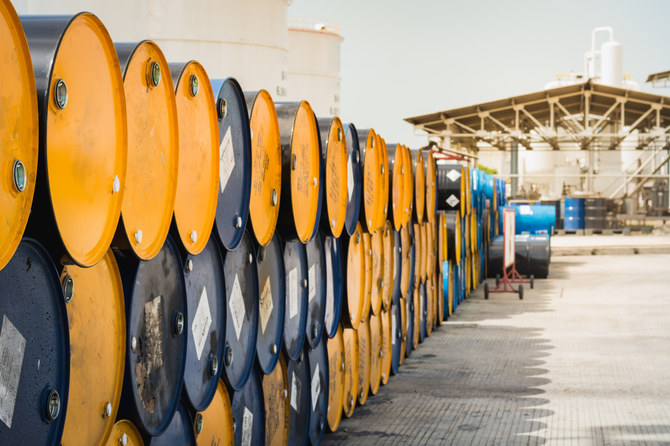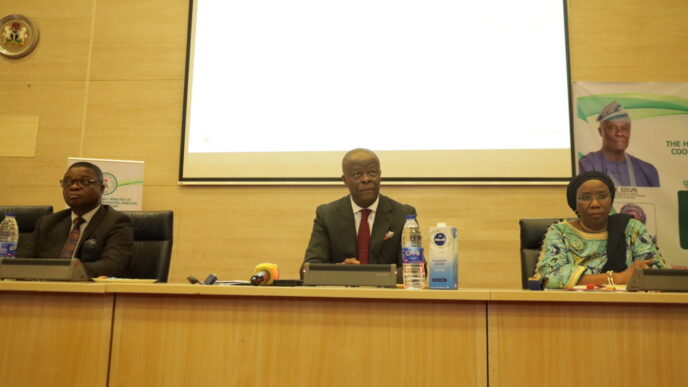Nigeria’s petroleum importation from Malta surged significantly to $2.08 billion in 2023.
Nigeria is one of Africa’s biggest oil-producing nations — but it lacks local refining capacity.
Speaking at an event in May, Vice-President Kashim Shettima had said over $25 billion is expended on the importation of refined petroleum products yearly.
The Nigeria National Petroleum Company (NNPC) Limited is the sole importer of petroleum products in the country.
Advertisement
According to data from Trademap, a database on international trade statistics, between 2017 and 2022, there were no imports of the commodity from Malta — an island country in Southern Europe located in the Mediterranean Sea.
However, the value of imported petroleum oils and oils obtained from bituminous minerals was $13.32 million in 2016.
This represents a 15,515 percent increase compared to the amount ($2.08 billion) recorded in 2023, according to TheCable Index analysis.
Advertisement
Further checks showed that the importation of petroleum products from Malta gulped $47.5 million in 2013. The amount increased to $59.98 million and $117.01 million in 2014 and 2015, respectively.
Similar import figures were also shared on social media by StatiSense, a data company.
On July 22, Aliko Dangote, chairman of Dangote Industries Limited, said some personnel of the NNPC Limited, oil traders and terminals have opened a blending plant in Malta.
“Some of the terminals, some of the NNPC people and some traders have opened a blending plant somewhere off Malta,” the billionaire had said.
Advertisement
“We all know these areas. We know what they are doing.”
In response to Dangote’s allegation, Mele Kyari, the group chief executive officer (GCEO) of the NNPC, said he does not own a blending plant in Malta.
An oil blending plant is a facility which has no refining capability but is either capable of producing finished motor gasoline through mechanical blending or blends oxygenates with motor gasoline.
Advertisement
Add a comment












